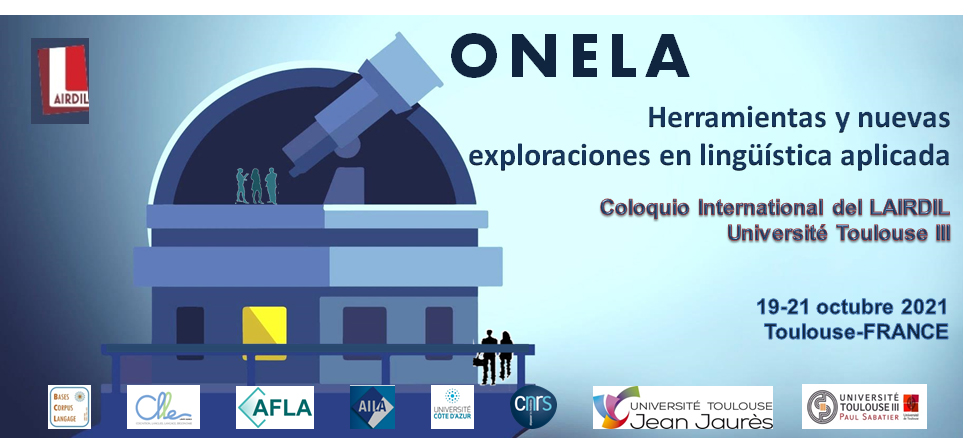As English as a lingua franca (ELF) speakers establish a shared translingual and transcultural space for the purpose of their interaction (cf. Pitzl, 2018: 54) and work out understanding, they draw on a variety of communicative practices (for an overview see e.g. Björkman, 2014: 126–127). For this reason, ELF contexts are ideal sites to study the negotiation of meaning. The Vienna-Oxford International Corpus of English (VOICE) (VOICE, 2013) supports a pragmatic orientation to ELF interactions. Its annotation and metadata already feature pragmatically useful categorizations of, for instance, discourse markers, laughter or speakers' power relations (see VOICE Project, 2007). However, adding a further layer for pragmatic functions to the current annotation system would be desirable and help advance linguistic descriptions of the pragmatics of ELF interactions.
This paper gives insight into the development of a scheme for the pragmatic annotation of VOICE that reflects the interactive practices language users invest in when communicating in ELF settings. Such annotation cannot exclusively rely on speech act theory as established systems for tagging the functions that utterances perform in L1 corpora conventionally do (for an example see e.g. Kallen & Kirk, 2012), but requires further theoretical points of reference. To establish a conceptual basis for a taxonomy of pragmatic functions, this paper considers how current speech act annotation schemes can be synthesized with existing research into ELF pragmatics, relevant conversation analytic principles and studies of communication strategies. The aim is to devise an empirically-informed system for capturing pragmatic functions like requests for clarification, paraphrasing or backchanneling in transcripts of ELF-in-use. The taxonomy of pragmatic practices in VOICE developed for the annotation is based on selected transcripts representing the range of speech events captured in VOICE. The system relies on a qualitative categorization of pragmatic functions and—once tested, adjusted and its interrater reliability evaluated—can be extrapolated for the manual implementation in VOICE.
Above all, an additional functional layer in VOICE shall make communicative practices in ELF interactions more transparent for future VOICE-based linguistic research. The greater visibility of pragmatic functions in ELF communication may, however, also render these more readily available to communicative language pedagogies. This research thus works towards appropriating pragmatic corpus annotation as a means to address, with a corpus such as VOICE, also an audience beyond the conventional corpus linguist.
Björkman, B. (2014). An analysis of polyadic English as a lingua franca (ELF) speech: a communicative strategies framework. Journal of Pragmatics, 66, 122–138. https://doi.org/10.1016/j.pragma.2014.03.001
Kallen, J., Kirk, J. (2012). SPICE-Ireland: a user's guide. Documentation to accompany the SPICE-Ireland Corpus: systems of pragmatic annotation in ICE-Ireland. Belfast: Clo Ollscoil na Banriona.
Pitzl, M.-L. (2018). Transient international groups (TIGs): exploring the group and development dimension of ELF. Journal of English as a Lingua Franca, 7(1), 25–58. https://doi.org/10.1515/jelf-2018-0002
VOICE. (2013). The Vienna-Oxford International Corpus of English. (version 2.0 Online) (20 October 2020).
VOICE Project. (2007). "Mark-up conventions". VOICE transcription conventions [2.1]. http://www.univie.ac.at/voice/documents/VOICE_mark-up_conventions_v2-1.pdf (15 February 2021).
- Poster

 PDF version
PDF version

